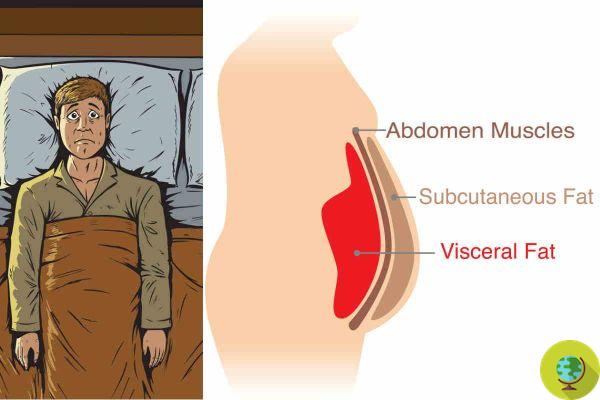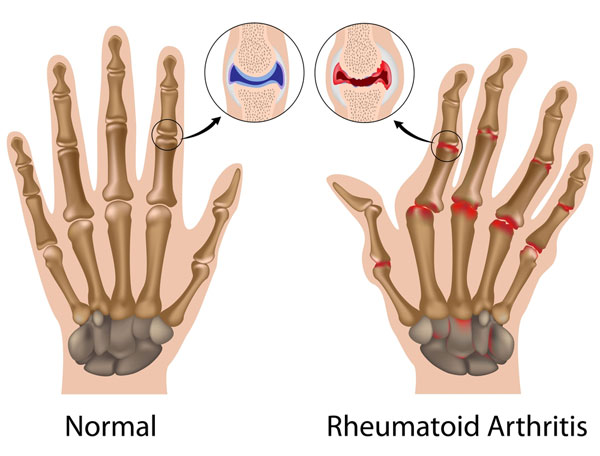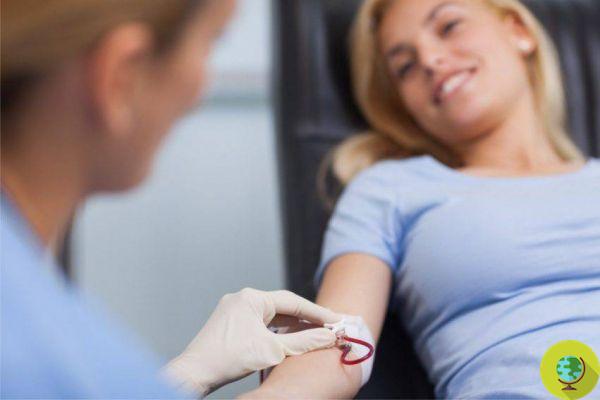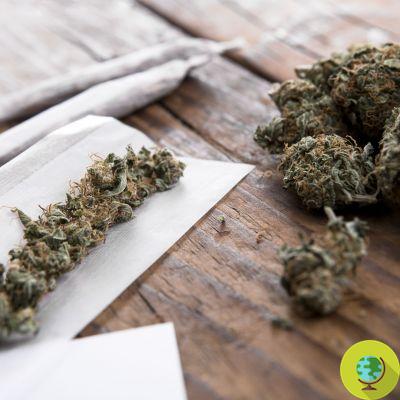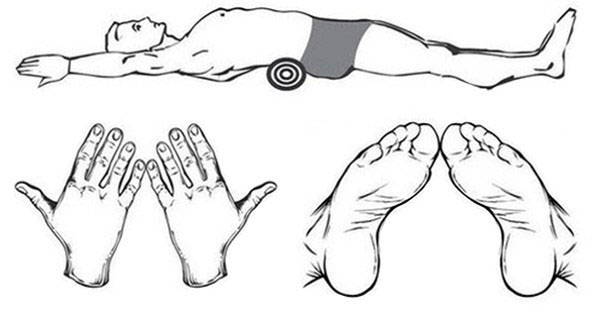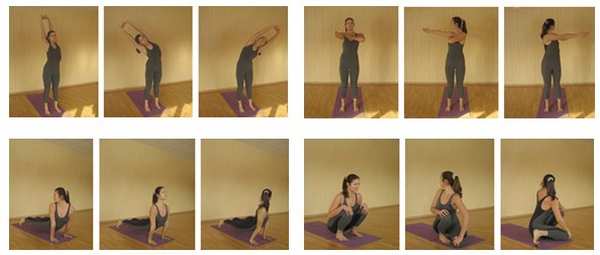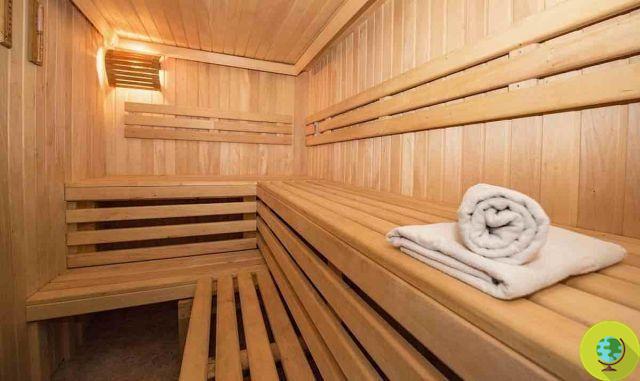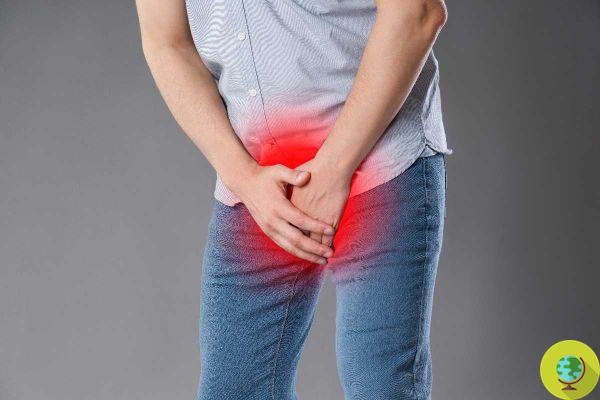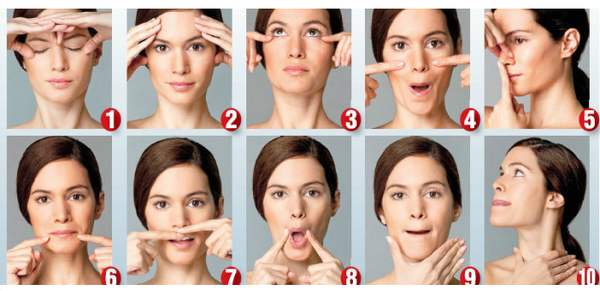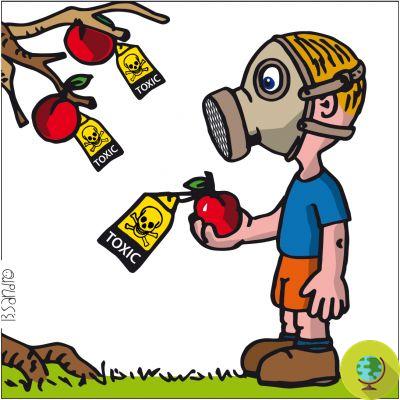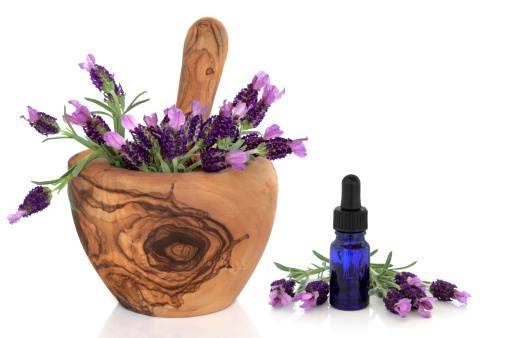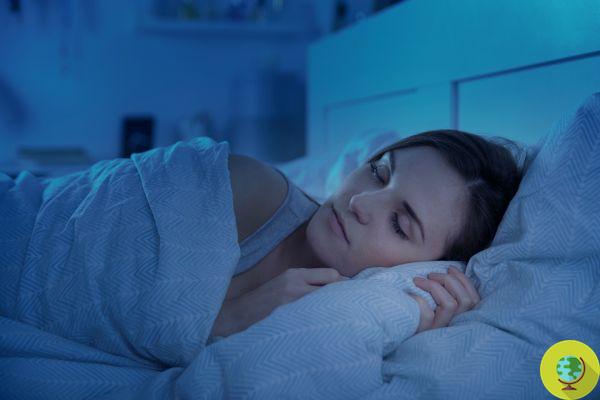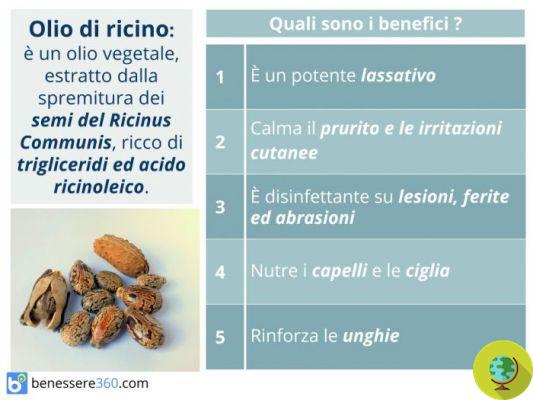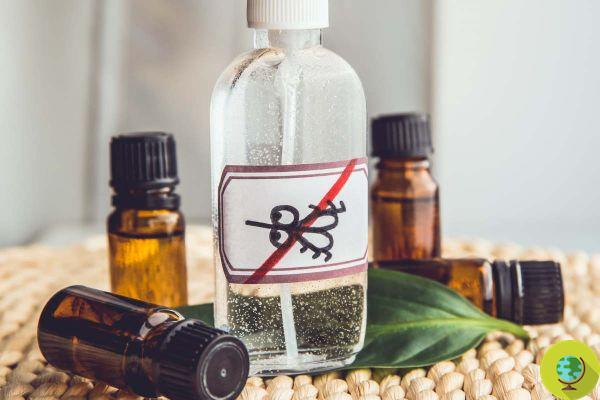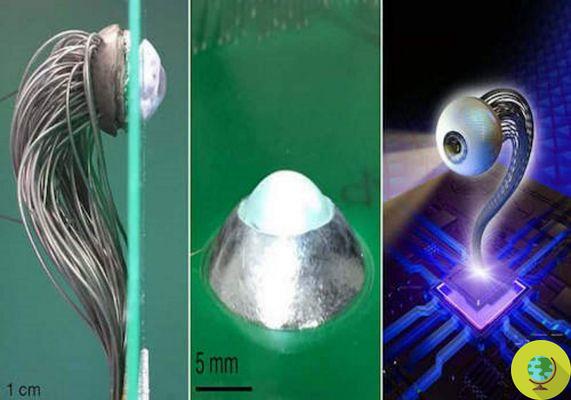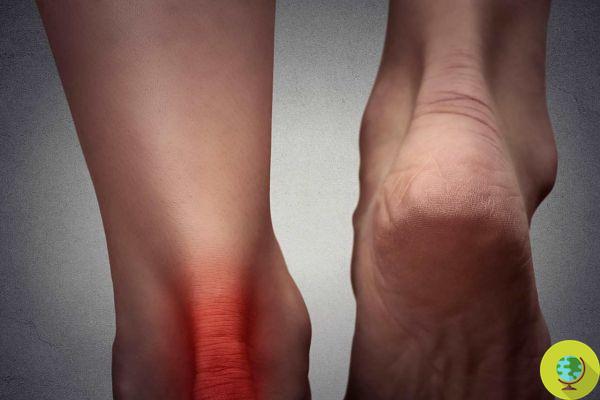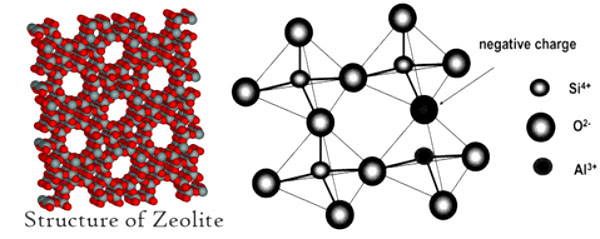
People with major depressive disorder can also benefit from moderate physical activity, which can improve mood and deaden anhedonia (i.e. lack of pleasure in activities)
The empirical evidence has already been confirmed by numerous studies over the years: sporting activity is not only good on a physical level, but also improves our psychological state and our mood, contributing to general well-being. So far, however, the beneficial effects of sport have been associated with a generic improvement in the psychophysical state and not with a specific pathology.
A new study conducted in the United States focused instead on observing any improvements in mood and psychological state in some people with major depressive disorder, after they had done moderate physical activity every day (30 minutes of cycling moderate intensity).
Il major depressive disorder (Major Depressive Disorder or MDD) is one of the most common mood disorders in the world and affects 25% of women and approximately 12% of men. The affected patient constantly experiences feelings of sadness and dissatisfaction, lives in a condition of pessimism and negativity and, above all, does not feel pleasure or satisfaction in carrying out daily activities (anhedonia).
A lot of previous research on the effects of exercise on mental health in general has used very broad measures of well-being, he explains Jacob Meyer of Iowa State University, one of the authors of the study. - What we were interested in, in particular, was: how acute exercise, i.e. one exercise session in a day, affected the primary symptoms of depression.
(Read also: Even just one minute of physical activity a day is enough to ward off these risks)
The researchers subjected 30 volunteers with DCS to some tests aimed at "measuring" any changes in mood and mental abilities before, during and after doing moderate physical activity for half an hour; another 30 volunteers with DCS underwent the same tests, but without having carried out any sporting activity.
Among the tests administered to the two groups of volunteers there were a questionnaire to evaluate the mood and feelings perceived at that moment, a scale to measure anhedonia, but also some cognitive tests - such as that of Stroop (of which we have spoken in this article).
In general, participants who did physical activity reported an improvement in their mood (which persisted for a few hours after the training session ended). The anhedonia was also attenuated - although in this case the result was not fully satisfactory and lasting over time.
The most surprising results, however, were recorded in the increase in cognitive abilities: in fact, if at first those who had done sports had shown greater readiness in the responses to the tests than the volunteers who had been at rest, after half a year. 'now the same participants have become even slower in their responses than the sample group.
It is not clear to researchers why this contradictory result - the immediate improvement in mood and psychological well-being after physical activity for people with DCS remains undeniable: an incentive to practice sports more often, even at a moderate level, but above all to take advantage of the hours following physical activity to undertake activities that can help keep the level of well-being obtained high.
Follow your Telegram | Instagram | Facebook | TikTok | Youtube
Fonte: Psychology of Sport and Exercise
We also recommend:
- Are you over 40? Here is how many hours of physical activity per week you should do to stay healthy
- These tricks will entice you to do more physical activity, according to science





